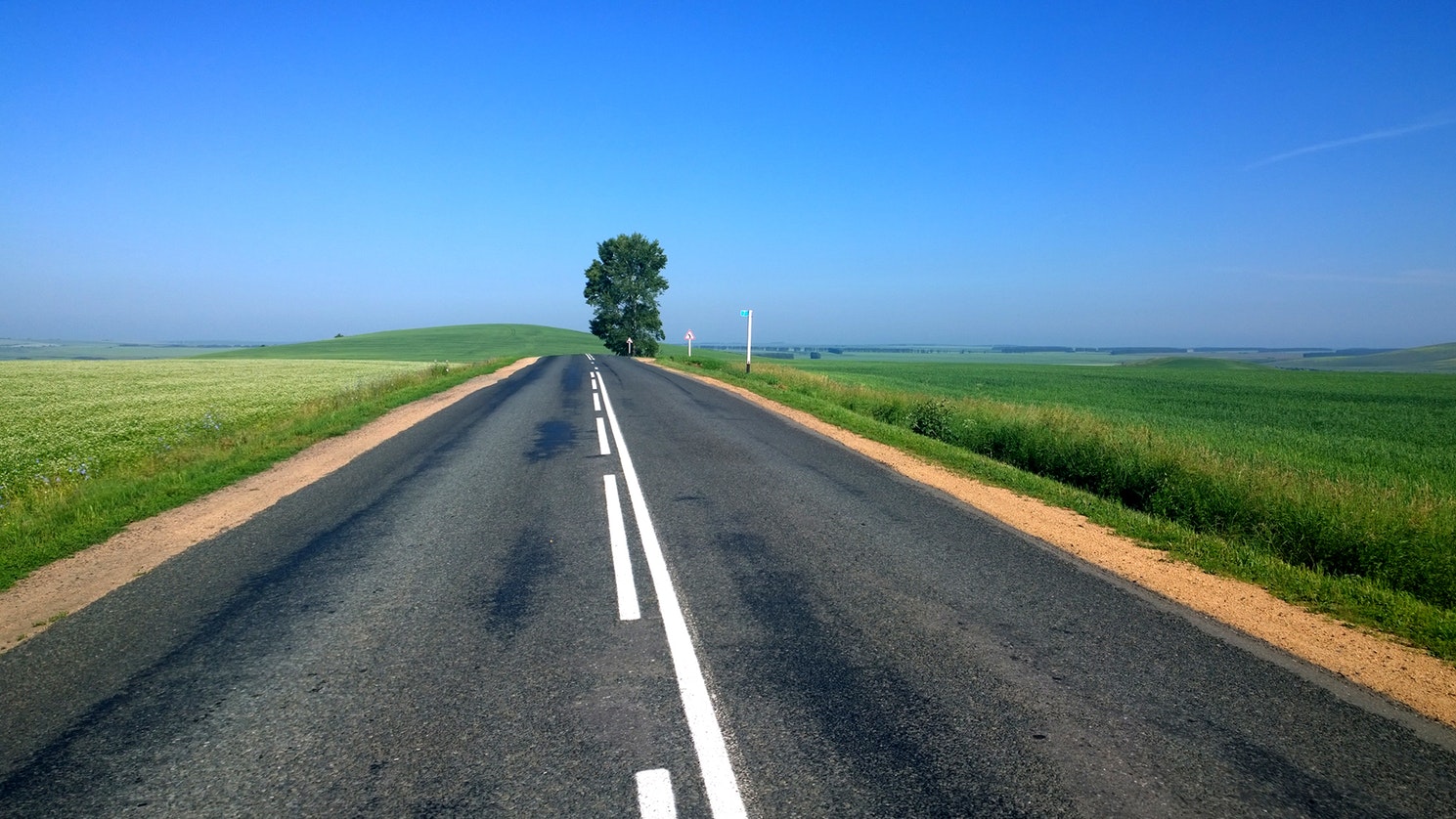How to Prepare Your Car for Summer Driving

Image source: theradioscout.com
Whether you’re dusting off your classic car for summer Sunday drives or bundling the family into your SUV for a weekend jaunt to the seaside, you need to prepare.
Getting your car ready for summer can help to preserve the condition of your vehicle, as well as improving your own comfort behind the wheel.
Follow these tips to ensure you’re on the right track.
Wash away the winter
First things first; getting the car looking spick and span. If it’s been stored in a dusty garage over the winter, you’ll want to give it a once over to restore that immaculate gleam.
Meanwhile, cars that have been on the roads during the winter months will also need a wash. There will likely be a build up of dirt and mud that needs removing. And you’ll want to get rid of any road salt that’s gathered on the body. This can cause rusting and corrosion if left, so use a pressure washer to blast away any salt from wheel arches and the undercarriage. Polish first before adding a coat of wax for an added layer of protection against dirt and debris.
It’s also worth giving the interior an overhaul. Dust down the dashboard and vacuum any mats and upholstery to remove loose dirt. For more stubborn stains, use a shampoo to restore seats to their former glory.
Check the tyres
Now your car’s all clean, it’s time for the checks – starting with the tyres.
First off, ensure there are no cuts, tears or bulges to the walls and surfaces of the tyres. Also check your tread depth, making sure it’s at least the legal minimum of 1.6mm.
You also need to check your pressure; using a tyre pressure gauge, check against your car manufacturer’s guidelines to ensure your tyres are properly inflated, and add more air if required.
When out on your road trip, it’s also a good idea to ensure you have a spare wheel at the ready. It will hopefully be nothing more of a safety net but if disaster does strike, it’s better to be prepared. Having a puncture repair kit may also come in handy until you can get your car to a garage.

Check fluids and lubricants
To keep the car running smoothly, you should keep on top of all your fluid levels throughout the year – and summer time is no different. Especially if you’ve not driven the car for a while, check (and, where necessary, top up) the following levels:
- Engine oil – Wipe the dipstick and re-insert to get an accurate reading. The oil should be between the two indicated maximum and minimum markers. Top up in accordance with the manufacturer’s guidelines if the oil is low. Don’t forget to wait for the engine to cool down to provide an accurate reading in the safest possible way. It is recommended to check the oil level either before turning on the engine or 5 to 10 minutes after shutting down, so you can have all the oil in the oil pan to get an accurate measurement
- Brake fluid – Usually in a transparent tank with lines indicating the maximum and minimum levels, some brake fluid tanks also have a circle symbol with an exclamation mark in the centre. If it is low, top up the fluid, but keep an eye on it to ensure there’s no leak.
- Coolant – It’s important that your cooling system is able to regulate the engine’s temperature, particularly in summer when there’s more chance of overheating. Check the coolant is between the minimum and maximum levels indicated on the tank, and if low, top up with a 50/50 mix of coolant and water. It’s worth stating that it’s recommended not to use tap water. Distilled or de-ionized water is recommended by most manufacturers as it limits deposits forming.
- Screen wash – Glare from the sun can make visibility difficult, so you’ll need to make sure you have enough screen wash fluid to be able to effectively clear the windscreen. Fill up the screen wash tank before setting off. While you’re at it, check the wipers work effectively, and replace the blades if they leave smears on the windscreen.
- Power steering fluid – Whilst it doesn’t need topping up as regularly as other fluids in the car, it’s a good idea to check the power steering fluid level whilst under the hood. Again, the maximum and minimum levels are usually indicated on the tank, so have a look and top up if necessary.
- Fuel – An obvious one, but make sure you have enough fuel for the trip you’re making. And if you’re on a long drive, plan out your journey so that you can fill up the tank en route if you need to.

Check all lights are working
Although it’s lighter for longer during the summer months, it’s still important to check your lights are all working properly. Check that both headlights are working before you set off on your journey and have someone check that your brake lights are working as they should.
If you’re pulled over for having a defective light, you can be given a vehicle defect rectification notice, which is a notice to have the issue rectified and provide proof to the police within 14 days. However, in some cases you can be given a fine of up to £50 – hardly worth it compared to a few pounds for a new light bulb.
Be prepared for any eventuality
Accidents and breakdowns are never fun, but unfortunately, they do happen. Be prepared by packing some essentials in the boot or glove box, including:
- A torch for visibility and attracting attention at night
- A first aid kit for administering basic medical help
- Jump leads in case of a flat battery
- A high visibility jacket or vest to enable other drivers to see you if you’re on the roadside
- A warning triangle to alert traffic to your vehicle (some new cars now come with a triangle in the boot)
- Drinks and snacks to keep hydrated and nourished in the event of becoming stranded
It’s also a good idea to have breakdown cover in case you need to be rescued or have repairs made at the roadside.
By taking care of your car all year round, you’ll greatly reduce the chances of having your summer driving trips disrupted by breakdowns.
Now, it’s time to dig out the map – where are you heading this summer?

